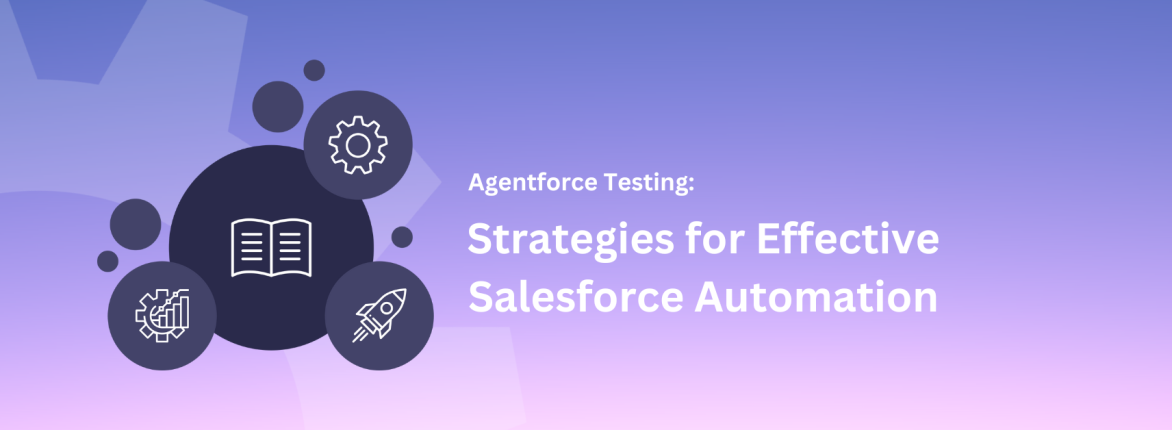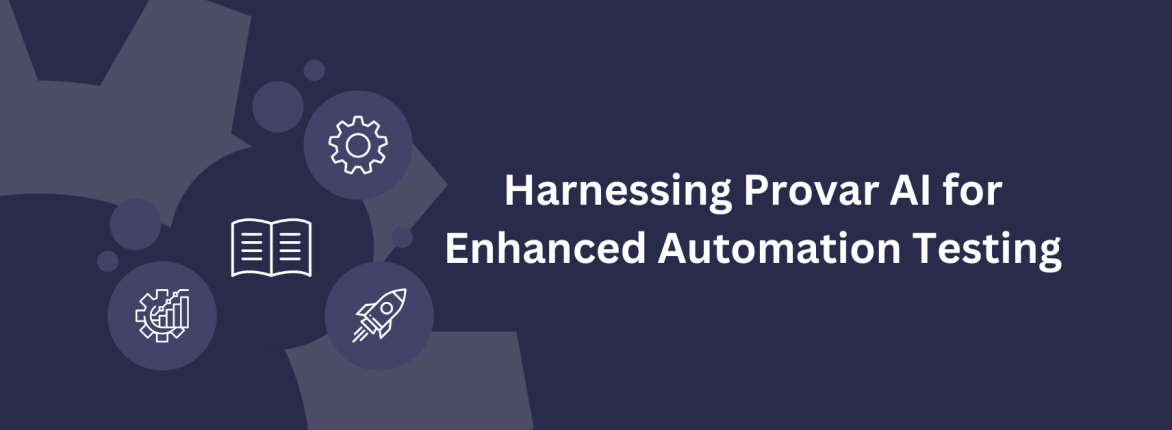Continuous testing is essential to the DevOps process and is critical to any large-scale Salesforce delivery. It’s also easy to achieve with Provar’s Salesforce test automation. Read on to learn more.
So, What is Continuous Testing?
A relatively new term, Continuous Testing means executing your automated testing regularly as part of your software delivery pipeline. Testing more frequently gives rapid feedback on the software release candidate and any business risks.
It extends test automation to address the increased complexity and speed of Salesforce application development and delivery. It ensures testing can match the pace of your team’s activities.
What Does Continuous Testing Look Like?
Continuous testing works like this: you develop your test cases and schedule them to run nightly against your developers’ latest Salesforce work.
When the tests finish, they send an execution report to the team so everyone can see the results in the morning.
The next day, you work on your test cases while your developers do their work. The next night, the tests run again.
This way, you are performing continuous Testing in Salesforce and getting constant feedback about the status of your next deployment. Using Version Control, you can also ensure that you’re constantly testing with the latest version of your test cases against the newest version of your entire team’s work. That includes code and declarative features, which can be equally hard to test, such as process builders, workflows, approvals, and flows.
There are plenty of other applications for CT in Salesforce. For example, some customers use automation to run a smoke test after every check-in. Others might use it for automated health checks in test environments, running the tests with actual data on a defined frequency, such as every 10 minutes.
What Are the Benefits of CT?
Continuous Testing in Salesforce reduces the risks associated with an extensive work program.
It also increases confidence within the team and beyond it: anyone who needs visibility of the current build status can get it automatically from the execution report. There’s no need to go and ask anyone for further updates; you can instantly see the information required in a defined and consistent format.
Test automation reduces overhead by reducing manual testing as far as possible, scheduling, and executing automatically. The benefit increases with Continuous Testing, which reuses your test automation to perform regular regression testing without additional effort. Think of it as free feedback on your release candidate.
In addition, CT ensures consistency, as there is already a process set up: we know that no steps are accidentally overlooked, and everything will be run the way we expect.
Our customer, Tes Global, recently filmed a video discussing the benefits of Continuous Testing in Salesforce. Check it out below.
How does Provar achieve Continuous Testing in Salesforce?
Provar has some unique features essential to achieving Continuous Testing in Salesforce.
- Reliable tests: Continuous Testing needs the tests to run reliably across any environment and in Lightning or Classic. Provar integrates with Salesforce metadata to build more reliable tests and locate fields more efficiently. This integration allows tests to run across different environments without changing the tests. A Provar test can be run equally well in Lightning or Classic, giving you confidence before your Lightning Experience rollout and beyond.
- End-to-end Testing: Continuous Testing requires more than just Salesforce testing; it also needs integration testing. Provar supports database testing, SOAP and REST Web Services, and email testing through Gmail and Microsoft Exchange.
- API and UI Testing: Continuous Testing works best when API and UI testing are combined. Provar supports both types of testing without the need for code, giving better control and efficiency in its test cases.
- Salesforce specialism: Continuous Testing in Salesforce requires covering any Salesforce scenario. That’s why Provar has deep support for Salesforce features, both native and partner, including Lightning Sales and Service Cloud, Salesforce CPQ, and many partner tools such as ServiceMax and Skuid.
- Integrated tool: Continuous Testing works best when it’s integrated into the rest of your toolkit. Provar directly supports many integrations, including Jira, Git, Jenkins, and Team Foundation Server. Watch the video below to see a few of these in action.
How Can I Set Up Continuous Testing in Salesforce?
Provar makes it quick and easy to create test automation and extend it into Continuous Testing.
In our latest webinar, Product Manager Geraint Waters did a live demo of integrating Provar’s automated tests with Git and Jenkins to achieve easy Continuous Testing in Salesforce without the need for code.
Watch the video below to see how it works.
Want to know more about CT in Salesforce?
Get in touch if you’d like to learn more about how to achieve Continuous Testing in Salesforce. Alternatively, you can read more about Provar and Continuous Testing on the Provar help pages. If you’re new to test automation and want a quick introduction, look at our guest blog on Salesforce Ben, What is Test Automation in Salesforce and Why Does it Matter?









